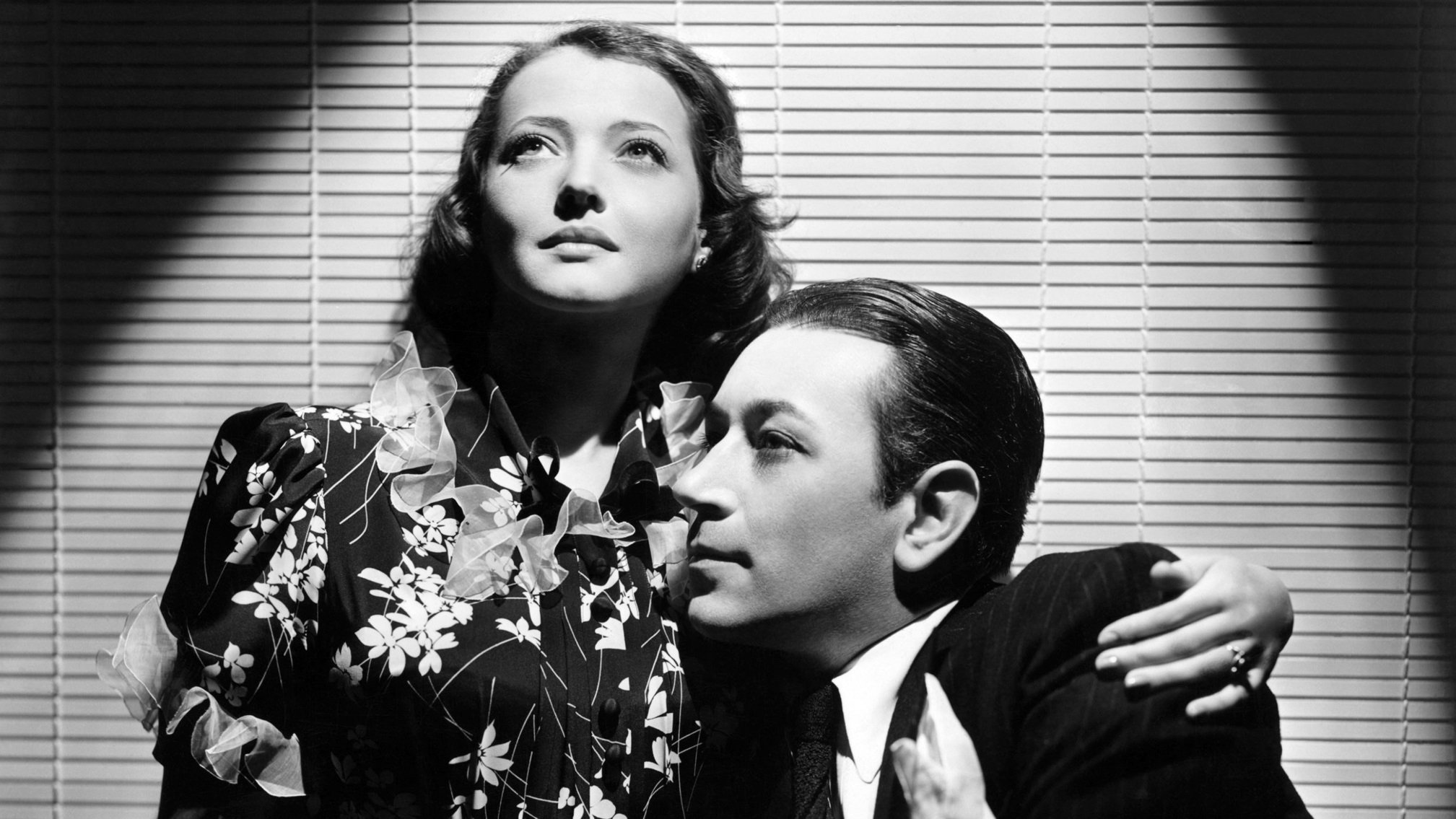
You and Me
Mr. Morris, the owner of a large metropolitan department store, gives jobs to paroled ex-convicts in an effort to help them reform and go straight. Among his 'employed-prison-graduates' are Helen Roberts and Joe Dennis, working as sales clerks. Joe is in love with Helen and asks her to marry him, but she is forbidden to marry as she is still on parole, but she says yes and they are married. In spite of their poverty-level life, their marriage is a happy one until Joe discovers she has lied about her past, in order to marry him. Disillusioned, he leaves, goes back to his old gang and plans to rob the department store.

CinemaSerf@Geronimo1967
This is quite an enjoyable film-noir from Fritz Lang that sees wealthy department store owner "Morris" (Harry Carey) use his position to try and help ex-convicts get back on their feet. For many of them it's a catch-22. If they don't have a job they don't get parole and vice versa - so he gives them jobs. Is he just being overly optimistic of might he really be making a difference? Well his benevolence is to be sorely tested when "Joe" (George Raft) appears on the scene. He takes an immediate shine to "Helen" (Sylvia Sidney) and they get married - except, well, she's on parole too so can't get married and that narks "Joe" back into his old habits - and a robbery of the store is planned. Will they get away with it, though? The crime caper elements of this aren't so important, really. This is more a gentle character study of nature and nurture with a little benign opportunity thrown in for good measure. There's a fun scene with "Helen" trying to explain to the would-be thieves just how the economics of crime at their (low) level of the criminal food chain might work which does raise a smile and there's a good chemistry between Sidney and a Raft who's left his menacing hat at the stage door this time. The ending is a little bit twee, but we've some entertainment and the tiniest bit of engaging moralising to keep it going along nicely until the - as well as a few ditties from Kurt Weill and Sam Coslow.
